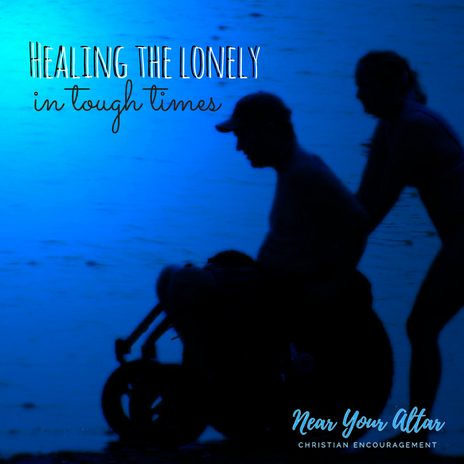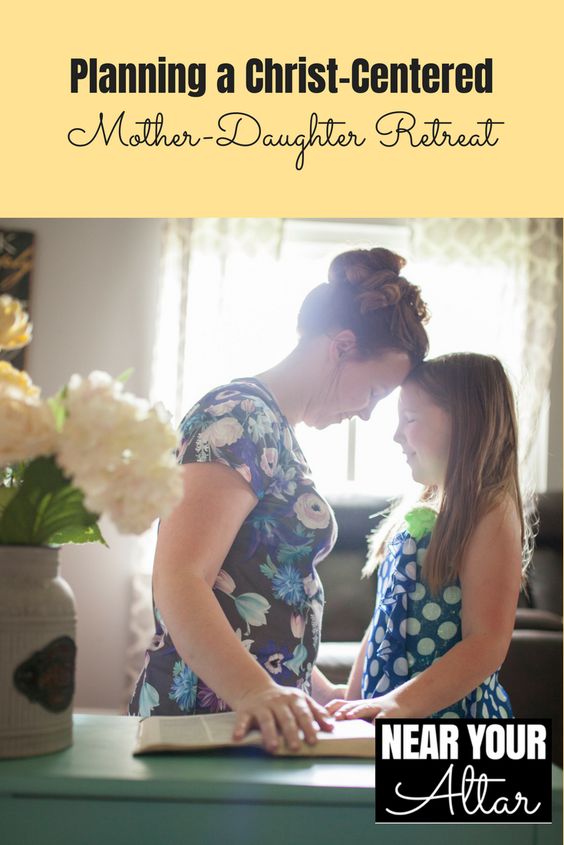 Transparency in marriage is a tricky thing. You want to share with your loved one, but you also don't want to cause hurt feelings. With my husband, who has a T12 ballistic fracture that has caused him to be paraplegic with shooting nerve pain all over his body, I certainly don't want to cause any more physical pain, just for the sake of a hug. Facing physical disabilities in a marriage is a difficult task. I almost want to stop saying that "my husband is paralyzed" and instead say that "we" are paralyzed -- for both of us are on this journey, together. It is a lonely journey. Like autism, there's no such thing as "the same thing happened to me" stories one can share with others -- especially when the only commonality is that the injury is related to the spine and the method of mobility is in a wheelchair. People have actually come up to us and said, "Oh yeah, I was in a wheelchair for six weeks when my leg was broken!" Sure, they're trying to find common ground, awkwardly moving back and forth, like they aren't quite sure how to handle the imposing presence of The Chair. Six weeks does not compare to a lifetime. Recently our daughter wasn't listening, and her daddy said, "Don't make me run after you!" She burst into tears -- that is all she wanted, was for him to rise out of that chair, plant firm feet on the floor and take off after her. Greg realized what he had said and, when she came to him, cuddled her tight and talked with her. "Daddy," our little seven-year-old said through hot tears, "I don't like the wheelchair anymore. Why can't they get the bullet out of your back?" To her, it's a simple problem, kindof like having a splinter in your foot. You remove the splinter and after a bit, you can walk without pain on it. So in her mind, remove the bullet and get up. It's nowhere near that easy. The bullet penetrated the L1 vertebrae, cauterizing as it went in -- it's like it's welded in the bone. Removing it would shatter the vertebrae, compromising the remaining, healthy vertebrae above the point of paralysis. But I get it. At night after I get him in bed, undress him and put a pillow at his feet, a travel pillow rolled up under his right foot to keep it from rolling over onto a sensitive pressure-sore area, and two little fleece throws on his legs that act as a barrier between the sheets and his skin, I too turn to the chair. I wheel it inside the accessible shower room in the bathroom, just to get it out of sight for a while. Just so I can cuddle with my husband, my head on his shoulder, but being careful: if my leg happens to touch his hip, or if the covers move across his skin -- it sends his body into painful muscle spasms. He can't recover. An affectionate cuddle or hug can hurt him all night long. These are the things most people don't understand. They see the struggle for him to get in and out of his car, or zipping around. They're amazed at the cupholder we installed on the chair so he can be more independent. People ask, "How are you doing?" We always pause, the both of us. We're not quite sure how to answer that, even though it's been almost a year and a half since the shooting that paralyzed my husband. Answering that question depends on the time of day. Answering that question requires lightening-fast analysis: do you really want to know, or are you just being polite? So, usually, it's just "Fine." Going through something as devastating and life-altering as becoming paraplegic due to a violent crime is a lonely scenario. There aren't that many people, despite what you hear on the news, who share this with you. I used to think that having a kid who has autism was a lonely road -- throw in paraplegia, a little girl who was just diagnosed with dyslexia, and my own battles with PTSD and depression, and we are living on an unchartered, deserted island. It is extremely lonely. People ask me all the time, what can I do to help? They feel it, too -- the loneliness of wanting to help alleviate a burden, in some way, but not having a clue how. To be honest and -- there's that transparency thing again -- I don't have a clue how either. There are some things that I just want to do. There are some things I don't feel comfortable asking others to do. At the same time, I'm not one to ask for help. Call it pride, determination, call it being so overwhelmed with life you can't clean the house like you want, because ... life. And you are ashamed -- ashamed of dealing with more than most and not being able to clean the house, fix leaking pipes, do yard work, treat the deck, and on and on.... It's lonely, this life. I don't know how to heal the lonely in tough times. But I know the One who does -- and can. So every day, one foot in front of the other, I say "fine" to people who ask and pray to God to make it so. In Him, Terrie (c) 2017 Terrie McKee
2 Comments
Barbara McKee
4/12/2017 01:15:47 pm
There is the honesty here. Those who know you and love you want to help in any way they can. And, in some way, make the journey less lonely.
Reply
4/13/2017 12:46:18 am
You are so right. Long after the insult to the body things linger. They aren't going to poof and go away but we need to find a way through it as a couple. You are so caring and wonderful with your husband. I can say from this side of the chair those thoughtful things you do mean SO MUCH!!
Reply
Leave a Reply. |
Recent PostsAdvertisingThis post may contain affiliate links to products and/or services, including those available on Amazon.com, as Near Your Altar is a participating member in the Amazon Affiliate Program in addition to other retail affiliates. These affiliate links help provide for this website as well as a small income to my family and I. Please consider clicking on the links to purchase or to browse the affiliate's website, which will open in a new window. We thank you for your support. ~ Terrie
Read Disclosure Policy here |





